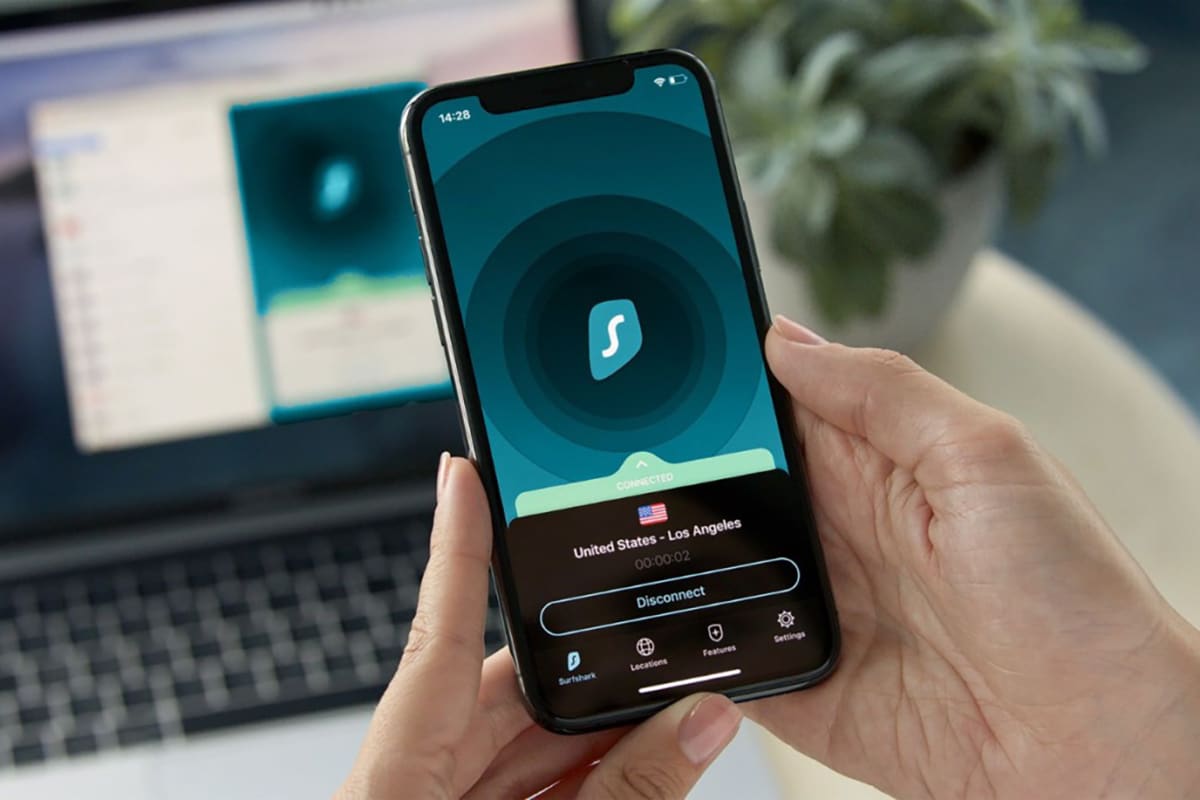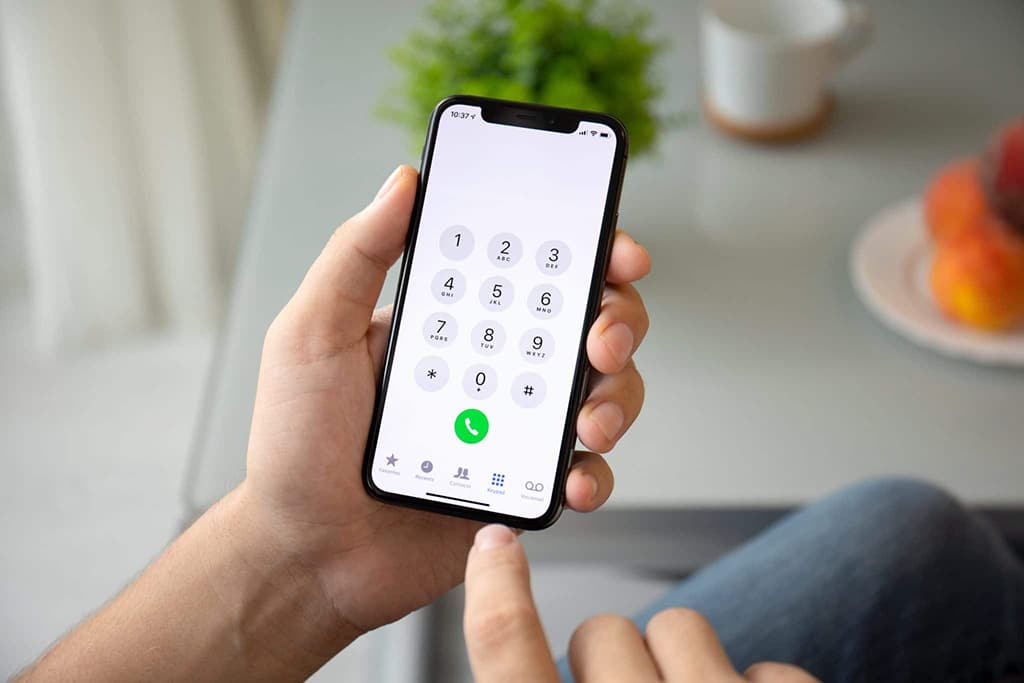Hey there! If you‘re interested in connecting with new people worldwide through Omegle‘s fun random video and text chats, I totally get the appeal. But before jumping in, it‘s natural to wonder – is Omegle safe from hackers trying to exploit users?
Unfortunately, Omegle does carry significant risks of hacking that you should understand. This super detailed guide will walk through Omegle‘s security flaws, terrifying real-world hacking stories, tips to enhance your safety, and safer alternative sites to consider. My goal is to help you chat anonymously but avoid becoming a cybercriminal‘s next target!
How Omegle‘s Anonymity Attracts Hackers
Omegle exploded in popularity for allowing completely anonymous video or text chats with random strangers worldwide. No registration required – just open the site or app and instantly get matched.
This anonymity and randomness give Omegle a sense of excitement. You never know who you‘ll meet next for a friendly chat!
But that anonymity is a double-edged sword. It also attracts hackers and predators seeing an unregulated platform to target victims. Without identities or profiles, everyone‘s a stranger. You can‘t easily identify or report bad actors later.
Some core Omegle weaknesses hackers exploit:
No Identity Checks: No username, login, or personal details required to use Omegle provides users anonymity but removes accountability.
Minimal Moderation: Reliance on user-reporting with limited proactive moderation enables misconduct to slip through the cracks.
No Age Verification: Minors aren‘t prevented from accessing inappropriate adult content or interacting with adults.
No Recording/Logging: Chats aren‘t recorded or logged, making it near impossible to investigate incidents or ban evasive predators.
Security & Privacy Not Prioritized: Omegle fails to utilize modern security protections and encryption to protect user data.
For these reasons, it‘s crucial to be vigilant and cautious on Omegle. Otherwise, you may easily fall prey to various hacking threats.
Terrifying Hacking Incidents on Omegle
Don‘t just take my word about Omegle‘s hacking risks. Here are real-life examples exposing how Omegle allowed cybercriminals to prey on unsuspecting users:
In 2014, two teenagers used Omegle to collect personal information on strangers, then used methods like swatting and doxing to harass them. They were eventually arrested when a victim reported them to the FBI.
A 2012 academic study analyzed 200 Omegle chat logs and found 29 instances of "meeting" talk that moved conversations to other platforms. This demonstrates how predators use Omegle to initiate contact with targets.
A 2020 article shared multiple disturbing hacking accounts on Omegle, like a "sweet old lady" tricking users into downloading malware or a predator activating remote administration tools (RATs) to access victims‘ devices and information.
Just this year, a Reddit user described being geo-locate attacked after an Omegle user persuaded them to click on a grabify link under the guise of sharing nudes. This allowed the hacker to pinpoint and expose their IP address and location.
And those are likely just the tip of the iceberg when it comes to incidents occurring through Omegle‘s loose security protections. The consequences victims suffer can include identity theft, blackmail, malware infections, cyberbullying, sexual exploitation, and persistent harassment.
Next, let‘s explore the specific hacking risks on Omegle to understand just how easily cybercriminals infiltrate the platform. This will help you take informed precautions.
Omegle‘s Security Flaws Exposing You to Hackers
While Omegle does have a basic reporting system to flag abusive users, they fail to implement sufficient security measures in other critical areas. These oversights leave gaping holes for hackers to gain access to your personal information and data:
No Encryption of Chats
Omegle does not utilize end-to-end encryption for chats. This allows hackers to intercept communications as they are transmitted. Encryption scrambles data to prevent unauthorized access.
IP Addresses Are Visible
Omegle exposes users‘ IP addresses, rather than masking them through VPNs. Having your IP address allows advanced hackers to pinpoint your location and target attacks.
Chat Logs Are Stored
Omegle stores chat logs, instead of conversations disappearing forever once completed. Hackers with access could comb through chat histories containing personal details.
Spy Mode Enabled
Omegle‘s voyeuristic Spy Mode lets random strangers surreptitiously monitor your chats. While meant for laughs, this also grants hackers a silent gateway to watch your activities.
Links Are Clickable
You can send and receive links through Omegle chats. Hackers can use this to send malware, phishing scams, IP grabbers, and other malicious links to compromise your security.
Webcams Can Be Activated
Through remote access tools, Omegle hackers can sometimes activate a user‘s webcam without consent. This disturbing tactic allows voyeurs to spy through your webcam.
DDoS Attacks Possible
The lack of safeguards allows hackers to carry out DDoS attacks against victims by flooding their network and crashing their internet connection.
With weaknesses across encryption, chat storage, IP and webcam protections, link filtering, and DDoS prevention, Omegle is a hacker free-for-all.
Now let‘s explore ways you can attempt to enhance privacy and security when using Omegle.
8 Tips to Stay Safer from Hackers on Omegle
While no tactic can make Omegle bulletproof against hackers, here are some best practices to improve safety:
1. Use a Trusted VPN Service
Connecting through a VPN like ExpressVPN or NordVPN hides your IP address to increase anonymity. VPN encryption also adds a crucial layer of security for your network data.
2. Never Share Personal Information
Be highly selective about the personal details you reveal to strangers in Omegle chats. Do not share full names, locations, contact information, social media profiles, etc.
3. Turn Off Your Webcam
Keep your camera turned off in Omegle chats to prevent hackers from activating it remotely and spying on you. Only enable it selectively when chatting with seemingly trustworthy individuals.
4. Beware of Suspicious Links
If a chat partner sends you unfamiliar links, don‘t open or click them under any circumstances. They likely contain IP grabbers, malware exploits or other threats.
5. Use Antivirus and Firewall Software
Protect your device with robust antivirus software like Norton 360 and firewalls like ZoneAlarm to identify and block known hacking threats and malware.
6. Take Screenshots of Suspicious Activity
If you encounter threatening, inappropriate or criminal behavior, take screenshots to document evidence in case you need to report the incident later.
7. Frequently Clear Cookies and Cache
Regularly clear your browser history, cookies and cache to eliminate any tracking data or breadcrumbs that could expose your activity patterns.
8. Avoid Accessing Omegle on Public Networks
Only use Omegle when connected to a password-protected home network, never unsecured public WiFi. This will help block outsiders from monitoring your internet traffic.
But even with precautions, Omegle may simply be too high risk versus any rewards. Next we‘ll explore some safer alternatives with security prioritized.
5 More Secure Omegle Alternatives to Try
Rather than gamble with lax security protections on Omegle, consider exploring some safer video and text chat alternatives:
1. Chatous – Text Chats
Chatous provides anonymous global text chats but implements encryption and content filtering powered by AI. You can block certain regions too.
2. Fruzo – Video and Text Chats
Fruzo requires a simple signup and offers encryption, human moderation, and community guidelines to enhance safety.
3. Emerald Chat – Video and Text
Emerald Chat prides itself on community moderation through crowdsourced user reporting to maintain a friendly environment.
4. Chatki – Text Chats
Chatki offers public chat rooms or private 1-on-1 chats. It requires registration and has active moderators to filter explicit content.
5. TalkLife – Text Chats
Rather than random strangers, TalkLife allows you to selectively chat with others based on shared interests, experiences, and goals.
As you can see, there are alternatives that still allow anonymous chatting with strangers but implement extra protections. Let‘s recap the key takeaways.
Omegle Hacking: Main Summary and Lessons
Omegle‘s anonymity and lack of security opens the door for hackers to prey on users.
Real-world cases reveal Omegle hackers stealing personal info, activating webcams, distributing malware, and harassing victims.
Omegle fails to utilize adequate encryption, IP address protection, chat moderation, age verification, and other security protocols.
You can take some basic precautions like using a VPN, avoiding links, and being selective about sharing personal information.
But ultimately, more secure anonymous chat alternatives like Chatous or Emerald Chat are recommended over the high-risk Omegle.
The core lesson is: Don‘t let the excitement of chatting with random strangers worldwide obscure the very real threats that exist on Omegle. While you can take some steps to enhance privacy, Omegle will always carry inherent risks.
My advice is to explore similar but safer chat platforms that align better with your personal security comfort level. Never share information that could expose your identity or location. And disengage from any chat where you feel uncomfortable or sense red flags.
Stay vigilant – there are absolutely hackers prowling Omegle looking for opportunities to exploit unsuspecting users. But by understanding their tactics and taking protective measures, you can chat anonymously and avoid becoming a victim.
Let me know if you have any other questions! I‘m always happy to share more cybersecurity and online privacy insights to help people stay safe.




